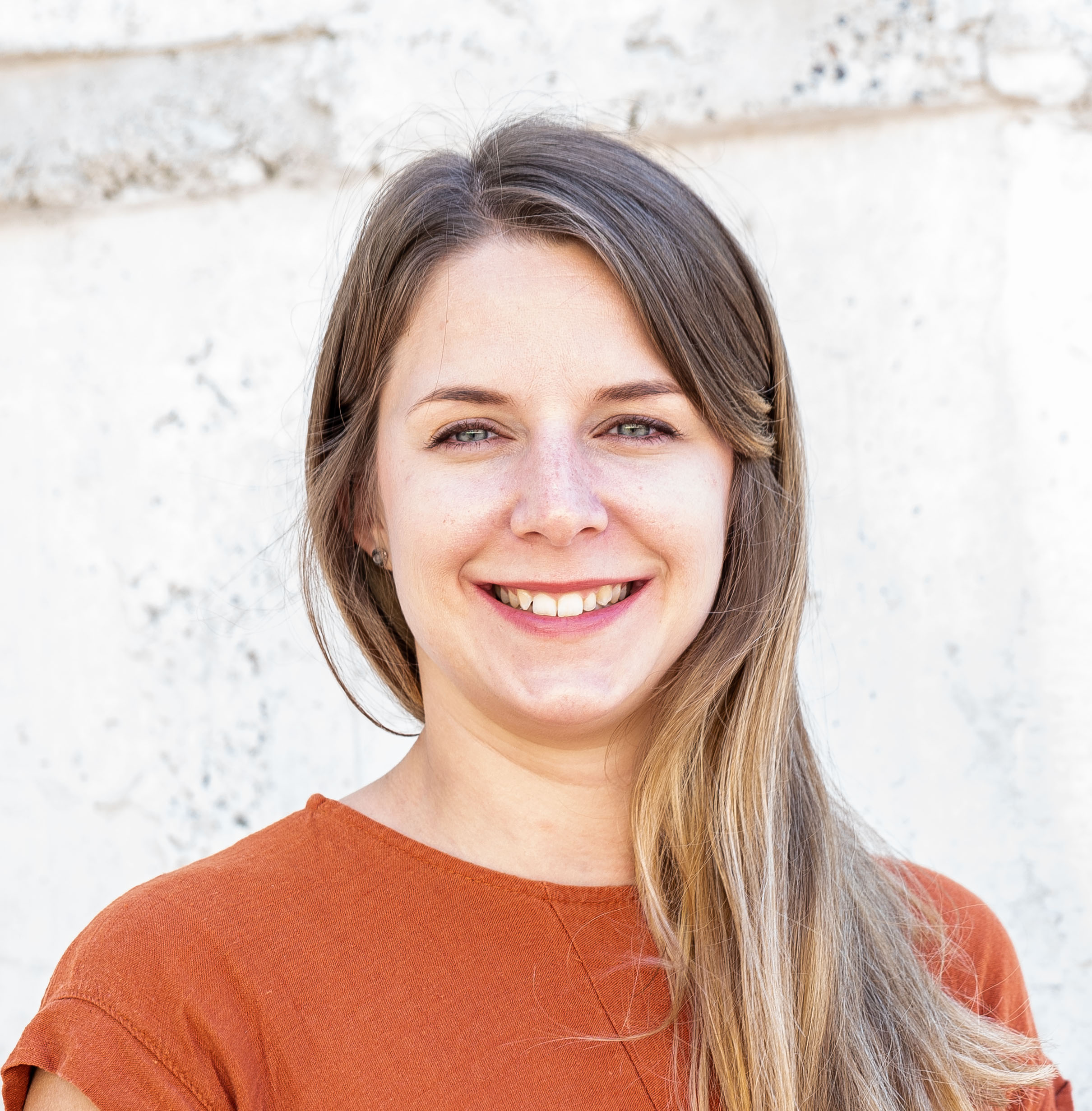Talking about sexuality and how to do it successfully
Talking about sexuality and how to do it successfully
The topic of sex goes hand in hand with sexual health, which refers to physical, emotional, mental and social well-being. It is not just the absence of sexually transmitted infections (STIs) or an unwanted pregnancy that plays a role. The ability to experience sexual relationships in a safe, consensual, and satisfying way is also important. Moreover, regardless of sexual identity, orientation, and preferences, this should be done freely and without discrimination or stigma.
The project: Travel PrEPared
As part of the Travel PrEPared project, a sub-project of the SwissPrEPared program, we are particularly interested in sexual health while traveling. In particular, how professionals and travelers can be supported to talk about this important and so far little addressed topic, on an individual basis, respectfully and empathetically. Through interviews with professionals and travelers, we want to find out how we can integrate this topic into travel counseling in a low-threshold way. The goal is to empower people to achieve and maintain their own sexual well-being and to be able to experience it free from discrimination, coercion or violence.
Initial findings from the project indicate that talking about sexual health in travel medicine is challenging for both professionals and travelers. It does not always seem easy for both parties to engage with the topic for a variety of reasons.
Travelers generally perceive sex while traveling as a topic they can talk about normally. At the same time, however, they express difficulties in talking openly about their personal behavior. One reason: fear of being judged. Professionals also consider the topic important, but they too report uncertainty about raising the issue of sexuality while traveling. For their part, they are afraid of unpleasant reactions, but also because they do not want the clients to feel accused of anything.
These stigmas are a hindrance to open communication and they run through three observations that we would like to discuss in more detail below.
No space for sexual health counseling
Until now, sexual health counseling has found little place in travel counseling. Both travelers and professionals find sexual health counseling generally lacking. Few travelers have ever been approached about sexual health. This refers not only to travel medicine professionals, but also to other health professionals such as family doctors. Travelers therefore tend to react with surprise, sometimes feeling caught off guard and then almost blocked from talking about the topic.
Professionals, on the other hand, experience that they can only touch on the topic in passing, in addition to the many other topics relevant to travel. Furthermore, it does not seem to be expected from the travelers, since they come primarily for vaccinations. In addition, some professionals lack a structured process to help them address the issue.
Every beginning is hard
Getting started on the topic of sexual health is proving to be a challenge. Some travelers have been found to definitely have questions about sexual health. Others prefer not to talk about risks and still others feel safe with what they have been practicing for a long time. What they all have in common is that they have not previously dealt in depth with their sexual health and current knowledge and recommendations. It was only the interaction in the interviews that prompted them to think more deeply about the topic.
For the professionals, the focus is on how they manage to make the topic of sexual health attractive. There are different strategies for doing this. On the one hand, risk communication, for example, emphasizing the probability of infection. On the other hand, by positively emphasizing that sex is something beautiful and normal. The difficulty lies in triggering an interaction, i.e. a conversation, and not just in conveying information. In addition, specialists must be able to assess the risk for the traveler sitting opposite very quickly on the basis of a small amount of information, in order to be able to convey only the information that is actually required.
Individualization is demanding
Third, individualized sexual health counseling requires a high degree of flexibility and skill to meet the diverse needs of travelers. Travelers often express the need for professionals to intuitively identify their needs without the the traveler needing to reveal too much about him or herself.
Professionals, on the other hand, claim to be experts and find it difficult to advise on something they are not 100% familiar with. For example, most professionals limit their travel advice to vaccinations and condoms. This leads to insufficient integration of other risk reduction strategies, especially HIV pre-exposure prophylaxis, or HIV-PrEP.
These findings already make clear that sexual health is an important topic for travel medicine about which it is difficult for both travelers and professionals to talk. In a next step, we will now develop a counseling concept that will enable such conversations. Travelers and professionals will be involved in the development of this service. These services will also integrate newer approaches to prevention such as HIV PrEP.
We are already looking forward to presenting the final results to you, so stay tuned!
Do you have any questions? Contact the project lead:
Dr. sc. med. Dunja Nicca


